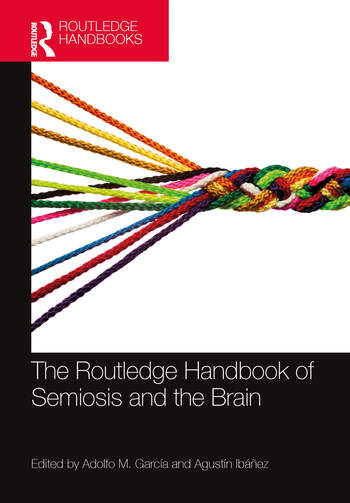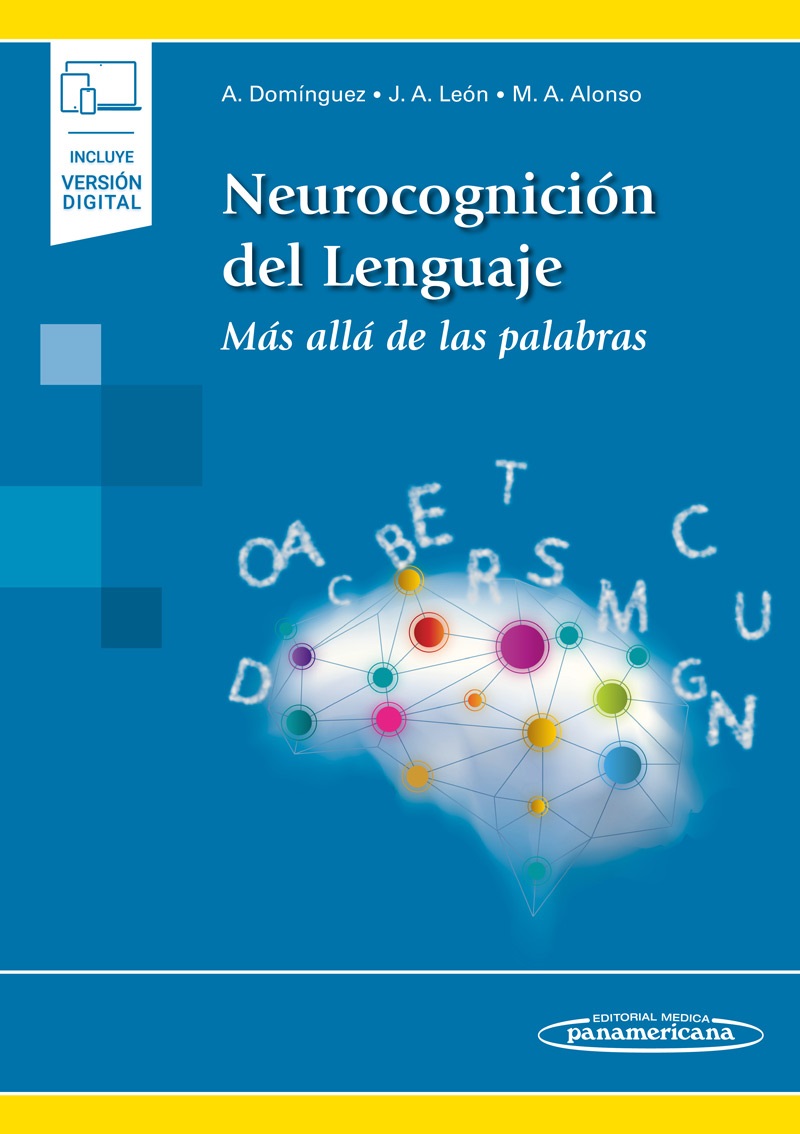Does culture shape our understanding of others‘ thoughts and emotions? An investigation across 12 countries
Quesque, F., Coutrot, A., Cox, S., de Souza, L., Baez, S., Cardona, J., Mulet-Perreault, H., Flanagan, E., Neely-Prado, A., Clarens, M., Cassimiro, L., Musa, G., Kemp, J., Botzung, A., Philippi, N., Cosseddu, M., Trujillo-Llano, C., Grisales-Cardenas, J., Fittipaldi, J., Magrath Guimet, N., Calandri, I., Crivelli, L., Sedeño, L., García, A. M., Moreno, F., Indakoetxea, B., Benussi, A., Brandão Moura, M., Santamaria-Garcia, H., Matallana, D., Pryanishnikova, G., Morozova, A., Iakovleva, O., Veryugina, N., Levin, O., Zhao, L., Liang, J., Duning, T., Lebouvier, T., Pasquier, F., Huepe, D., Barandiaran, M., Johnen, A., Lyashenko, E., Allegri, R., Borroni, B., Blanc, F., Wang, F., Sanches Yassuda, M., Lillo, P., Teixeira, A., Caramelli, P., Hudon, C., Slachevsky, A., Ibáñez, A., Hornberger, M., & Bertoux, M. (2022). Does culture shape our understanding of others‘ thoughts and emotions? An investigation across 12 countries. Neuropsychology.
¿Cómo impacta la cultura en nuestra comprensión de las emociones y los pensamientos ajenos? Una investigación en 12 países
En este trabajo multicéntrico, que abarca 12 países, mostramos que más del 20% de la varianza en pruebas de reconocimiento de emociones y teoría de la mente se explica por la nacionalidad de los participantes. Ello sugiere que determinadas evaluaciones socio-cognitivas surgidas en contextos restringidos no deberían emplearse en otras culturas sin adaptación previa.
Para acceder al artículo completo, hacé click acá.
Does culture shape our understanding of others’ thoughts and emotions? An investigation across 12 countries
Quesque, F., Coutrot, A., Cox, S., de Souza, L., Baez, S., Cardona, J., Mulet-Perreault, H., Flanagan, E., Neely-Prado, A., Clarens, M., Cassimiro, L., Musa, G., Kemp, J., Botzung, A., Philippi, N., Cosseddu, M., Trujillo-Llano, C., Grisales-Cardenas, J., Fittipaldi, J., Magrath Guimet, N., Calandri, I., Crivelli, L., Sedeño, L., García, A. M., Moreno, F., Indakoetxea, B., Benussi, A., Brandão Moura, M., Santamaria-Garcia, H., Matallana, D., Pryanishnikova, G., Morozova, A., Iakovleva, O., Veryugina, N., Levin, O., Zhao, L., Liang, J., Duning, T., Lebouvier, T., Pasquier, F., Huepe, D., Barandiaran, M., Johnen, A., Lyashenko, E., Allegri, R., Borroni, B., Blanc, F., Wang, F., Sanches Yassuda, M., Lillo, P., Teixeira, A., Caramelli, P., Hudon, C., Slachevsky, A., Ibáñez, A., Hornberger, M., & Bertoux, M. (2022). Does culture shape our understanding of others‘ thoughts and emotions? An investigation across 12 countries. Neuropsychology.
Measures of social cognition have now become central in neuropsychology, being essential for early and differential diagnoses, follow-up, and rehabilitation in a wide range of conditions. With the scientific world becoming increasingly interconnected, international neuropsychological and medical collaborations are burgeoning to tackle the global challenges that are mental health conditions. These initiatives commonly merge data across a diversity of populations and countries, while ignoring their specificity. Objective: In this context, we aimed to estimate the influence of participants’ nationality on social cognition evaluation. This issue is of particular importance as most cognitive tasks are developed in highly specific contexts, not representative of that encountered by the world’s population. Method: Through a large international study across 18 sites, neuropsychologists assessed core aspects of social cognition in 587 participants from 12 countries using traditional and widely used tasks. Results: Age, gender, and education were found to impact measures of mentalizing and emotion recognition. After controlling for these factors, differences between countries accounted for more than 20% of the variance on both measures. Importantly, it was possible to isolate participants’ nationality from potential translation issues, which classically constitute a major limitation. Conclusions: Overall, these findings highlight the need for important methodological shifts to better represent social cognition in both fundamental research and clinical practice, especially within emerging international networks and consortia.
To access the full paper, please click here.



